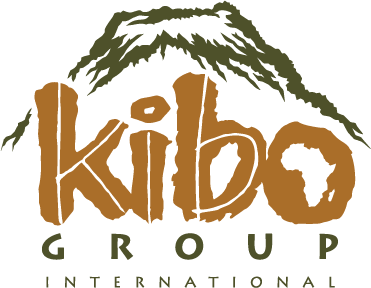Water is life. Living water is life in abundance.
By Tom Ngobi, Co-Manager of the Water, Sanitation, and Hygiene Program
When I think about the lives that have been changed because of clean water, I sometimes get emotional.
So many people in the rural villages of Uganda struggle over water every day. They are sick because they are drinking from a filthy swamp. They are impoverished because so many hours of each day are spent walking several miles to get clean water from a well. Thoughts about water consume the minds of so many people in Ugandan villages and cause deep agony.
At Kibo, we partner with communities such as these to help them improve their lives. My program, Water, Sanitation, and Hygiene (WASH), specifically helps them gain access to clean water and alleviate some of their fears.
A common saying on our staff is that, water is life. Without clean water and healthy communities, people would not be able to benefit from Kibo’s other four programs, which work together toward sustainable and holistic community flourishing.
As a faith-inspired nonprofit, we also think that clean water has major implications not just for physical health, but for spiritual health, too. In the story about the woman at the well, Jesus affirms the importance of water to life by calling himself the living water. Jesus tells the woman:
“If you knew the gift of God and who it is that asks you for a drink, you would have asked him and he would have given you living water.” “Sir,” the woman said, “you have nothing to draw with and the well is deep. Where can you get this living water? Are you greater than our father Jacob, who gave us the well and drank from it himself, as did also his sons and his livestock?” Jesus answered, “Everyone who drinks this water will be thirsty again, but whoever drinks the water I give them will never thirst. Indeed, the water I give them will become in them a spring of water welling up to eternal life.”
John 4:10-14 (NIV)
Jesus wants us not just to be alive, but to experience a life of abundance. That means having our basic needs met, like clean water, nutritious food, a sturdy shelter, and a stable community. It also means being in meaningful relationship with the One who gives all life. To taste water means to taste life. To taste the Living Water means to taste life in abundance.
I think that’s why I get so emotional when I think about people gaining access to clean water. One day, they do not know if their child will contract a fatal disease from the dirty water he or she is drinking. But the next, they are laughing, hugging, singing — enjoying the security of life and thanking God for life in abundance.
This article was also published here by The Journey Church.

